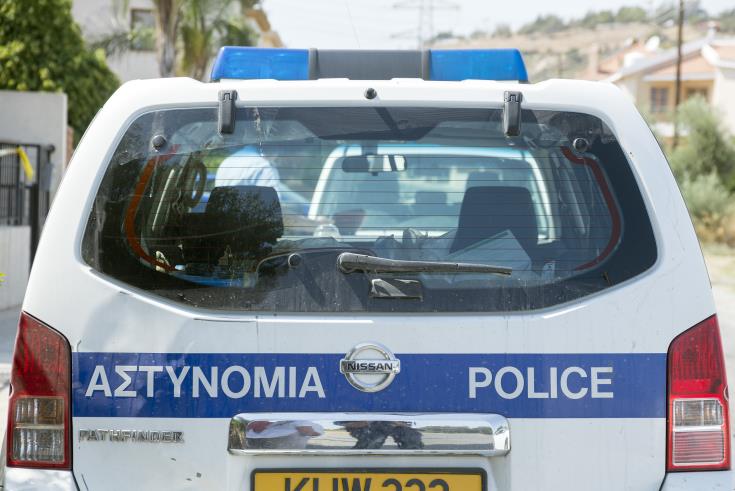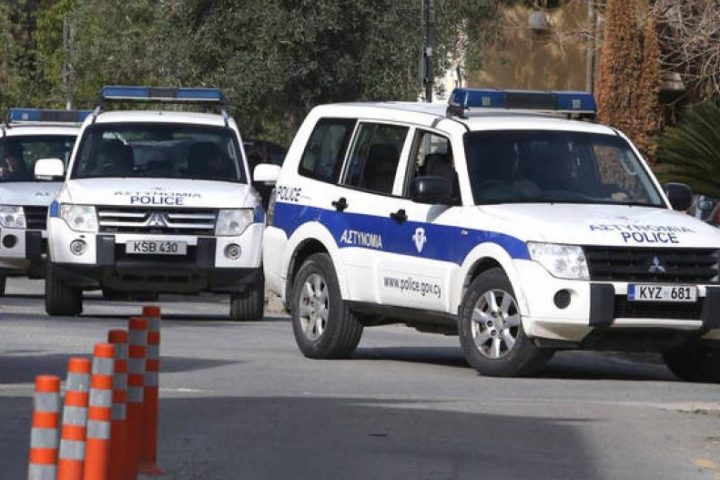It may have come as some surprise to many Cypriots to hear that Cyprus has the most cops per capita than anywhere else in Europe.
Cyprus has the highest number of police officers in the EU with 573 per 100,000 people, according to Eurostat.
On average, there were 318 police officers per 100,000 people in the EU in 2016, or one police officer for 314 people – Cyprus, Malta, Greece and Croatia bucked this trend.
Many of you are most probably wondering where all these bobbies on the beat are hiding, instead of keeping us safe and protecting us from the criminals.
Anecdotal evidence suggests that there is never a police officer around to ask for directions or inquire what time of day it is because they scarcely patrol the streets on foot or engage with the public.
Much of police work seems to be reactive rather than pro-active – they only usually arrive once something bad has happened.
Too many officers seem to be deployed in being the personal bodyguards of politicians who don’t actually need them while reams of paperwork are getting in the way of active police work.
Cyprus police are a long way from using smart technology to make their jobs easier with more tools to prevent crime.
It’s not just violent crime we need to worry about, but new technologies also enable criminals to stay ahead of the game and invade our lives through cybercrime, identity theft and bullying on social media platforms.
There is also the petty crime and loutish behaviour that destroys neighbourhoods and local communities, less tolerance of vandalism would stop the progression into more serious forms of illegality.
Where the police and the community are fully engaged, like neighbourhood watch schemes, they do work but how many of us feel that the police are truly committed to preventing the spread of low-level crime and delinquency.
People speed like crazy, run red lights, park on pavements, invade disabled parking spots, drink and drive because they feel the chances of them getting caught, or stopped, are minimal.
Police do a good job of pretending to be traffic cameras, but they are no substitute for the real thing, they are also reluctant to enforce lane discipline and erratic driving behaviour on the highways.
When traffic cameras are finally introduced, a majority of drivers will surely be on the verge of losing their licence in the first few weeks of their operation as they have been used to getting away with it for so long.
What the police or speed cameras can’t do is put your seatbelt on, it should be a force of habit by now but here again, drivers prefer to dice with death as two out of three people who died in road accidents last year were not wearing one.
This sad state of affairs has led police to advocate a radical shake-up of fines and penalties for errant motorists.
In future, the fine for not wearing a seatbelt could be in excess of €300 – a price worth paying if it saves lives.
Even if the police were out there night and day catching the bad guys our steam-engine justice system would be unable to cope.
Cyprus’ justice system is slow, antiquated and lacking in real purpose to streamline procedures that give people swift results – this shouldn’t necessarily mean sticking debtors in an overcrowded prison.
To be honest, the justice system seems to be a reflection of a police force which lacks the vigour of a modern organisation, light on its feet, ready to respond to the different threats we are faced with.
Is the force also doing its utmost to recruit the best available minds while ensuring women and people from different backgrounds are encouraged to join?
Moreover, is the government doing its bit to equip the police with the latest gadgets and necessary weapons to make a credible deterrent in fighting organised crime and policing local communities?
Cyprus may arguably have more than its fair share of police officers, but are they being used productively with optimum results or is it just another service being patched up on the go with no long-term strategy.
What the data can’t tell us is whether Cyprus police is an overstretched thin blue line or one that has got fatter from sitting behind a desk.










